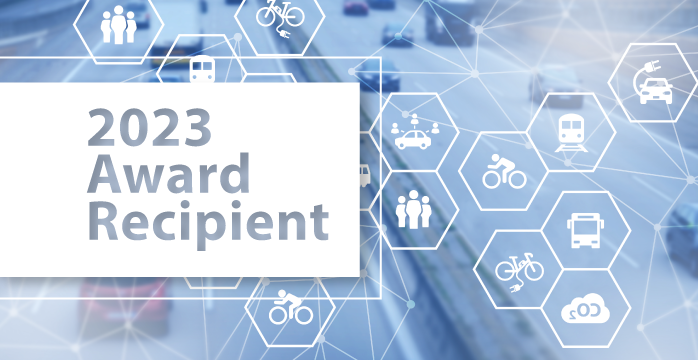Frost & Sullivan’s “Intelligent Mobility” event provides unique insights into the impact of new mobility solutions on business models for personal and public transport
London, 22 May 2018 – The future of transport will be intelligent, resting on paradigms of shared, connected and automated mobility. Innovative social, economic and technological concepts are already converging to foster integrated multimodal networks that blur the divide between public and personal modes of transport and, in the process, address challenges related to transport inefficiencies.
Changing demographics, technological advancements, and smart governance are leading to a new world of mobility services, where access to mobility solutions, as opposed to ownership of transportation assets such as a car, is becoming more commonplace. Collectively, these trends will generate a market for mobility services worth over $1 trillion by 2025, according to Frost & Sullivan.
Frost & Sullivan will be evaluating these and many other aspects of new mobility business models and the digital transformation of the automotive industry at its tenth annual “Intelligent Mobility” event, taking place at the Jumeirah Carlton Hotel in London on 19th and 20th June.
Leading automotive manufacturers, including heads of mobility representing BMW, Daimler and Jaguar Land Rover, Tier 1 suppliers, mobility integrators, new mobility service providers and mass transport operators, along with policy makers, city planners and futurists, will offer visionary insights into the potential roles, prospects and impacts of intelligent mobility.
To view the Intelligent Mobility brochure and register to attend the event, please visit www.intelligentmobilityevent.com
This unique two-day forum is complemented by a public versus private transport debate at the House of Lords, featuring high-profile panel speakers’ perspectives on the evolving business models of the future and their visionary insights into the future of mobility in smart cities.
Frost & Sullivan sees two key trends currently transforming the mobility space – the rising appeal of ‘mobility as a service’ (MaaS), highlighting the shift away from product sales toward the provision of integrated mobility services, and the deepening of public-private partnerships.
“As the roadmap for intelligent mobility evolves, policy makers and service providers are required to intensify their collaboration,” noted Sarwant Singh, Senior Partner at Frost & Sullivan.
“Not only do policy makers need to understand and quantify the full effect of intelligent mobility solutions on their economies, they also need to implement legislative and political frameworks that will enable service providers to effectively deliver such,” he added.
“Such partnerships represent a win-win situation for both sides. They allow the public sector to actively shape the direction of private sector engagement in terms of promoting equity in transportation provision, ensuring geographic coverage and accessibility, as well as serving low-income and underserved populations,” explained Shwetha Surender, Mobility Industry Principal at Frost & Sullivan.
“For the private sector, they open up new growth avenues through the expanded access of new mobility services, whether car sharing, bike sharing or on-demand transit,” Surender concluded




